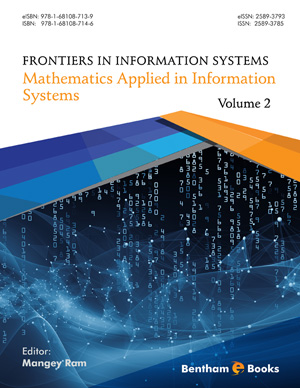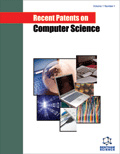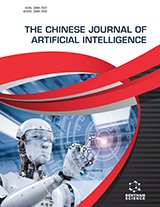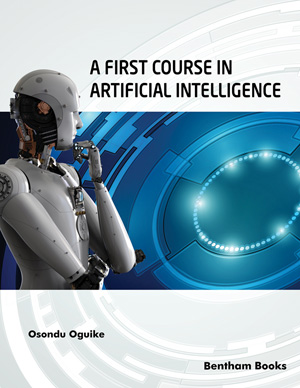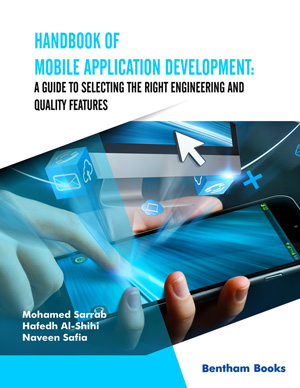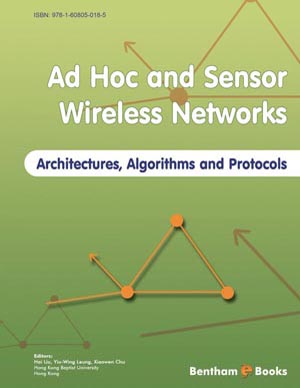Abstract
For large scale software systems with a huge number of source codes, it may be often useful to regard approximately software fault-counting processes observed in testing phase as continuous-state stochastic processes. In this chapter we introduce stochastic non-counting process models to describe the fault-detection phenomena in software testing. The time-nonhomogeneous Gaussian process and time-nonhomogeneous gamma process-based software reliability models (SRMs) are summarized, and are compared with the existing SRMs such as the geometric Brownian motion and nonhomogeneous Poisson processes (NHPPs). It is shown in numerical examples with actual software development project data that the timenonhomogeneous gamma process-based SRMs could provide the better goodnessof- fit and predictive performances than the existing SRMs in many cases.
Keywords: Brownian motion process, Gamma wear process, Goodness-of-fit performance, Information criteria, Kolmogorov-Smirnov test, Mean squared error, Nonhomogeneous Poisson process, Predictive performance, Reliability growth modeling, Software reliability, Stochastic differential equation.


